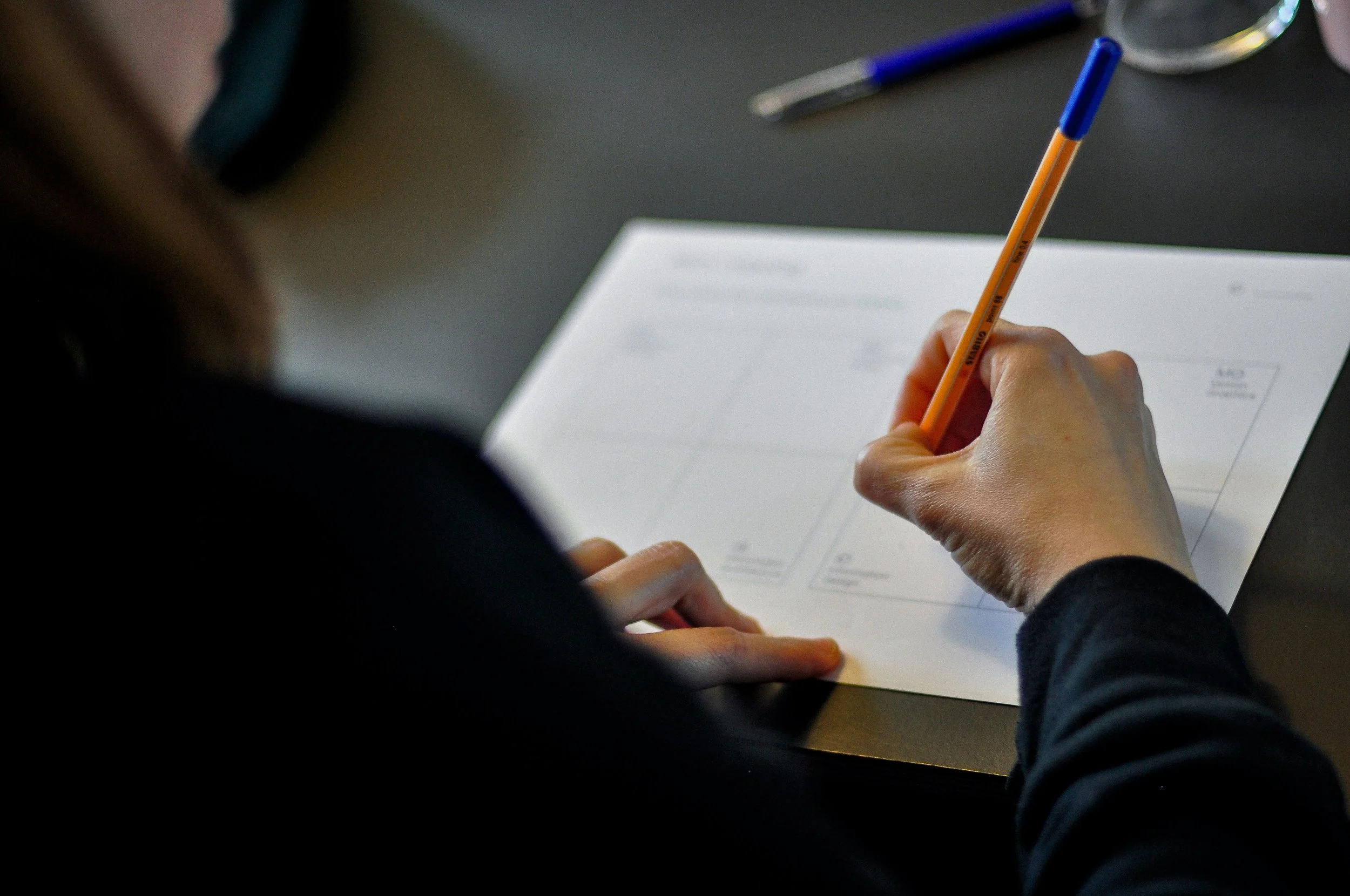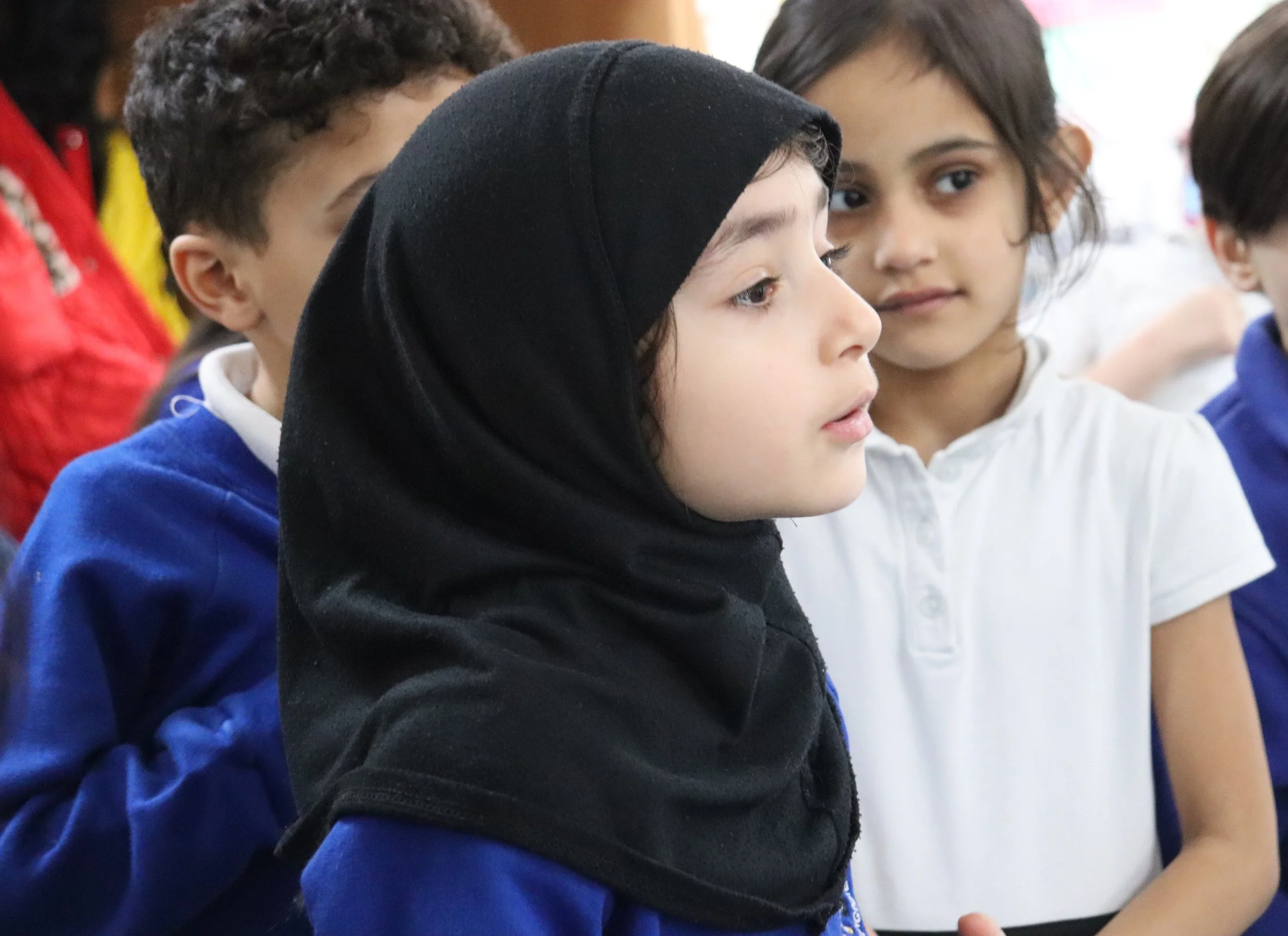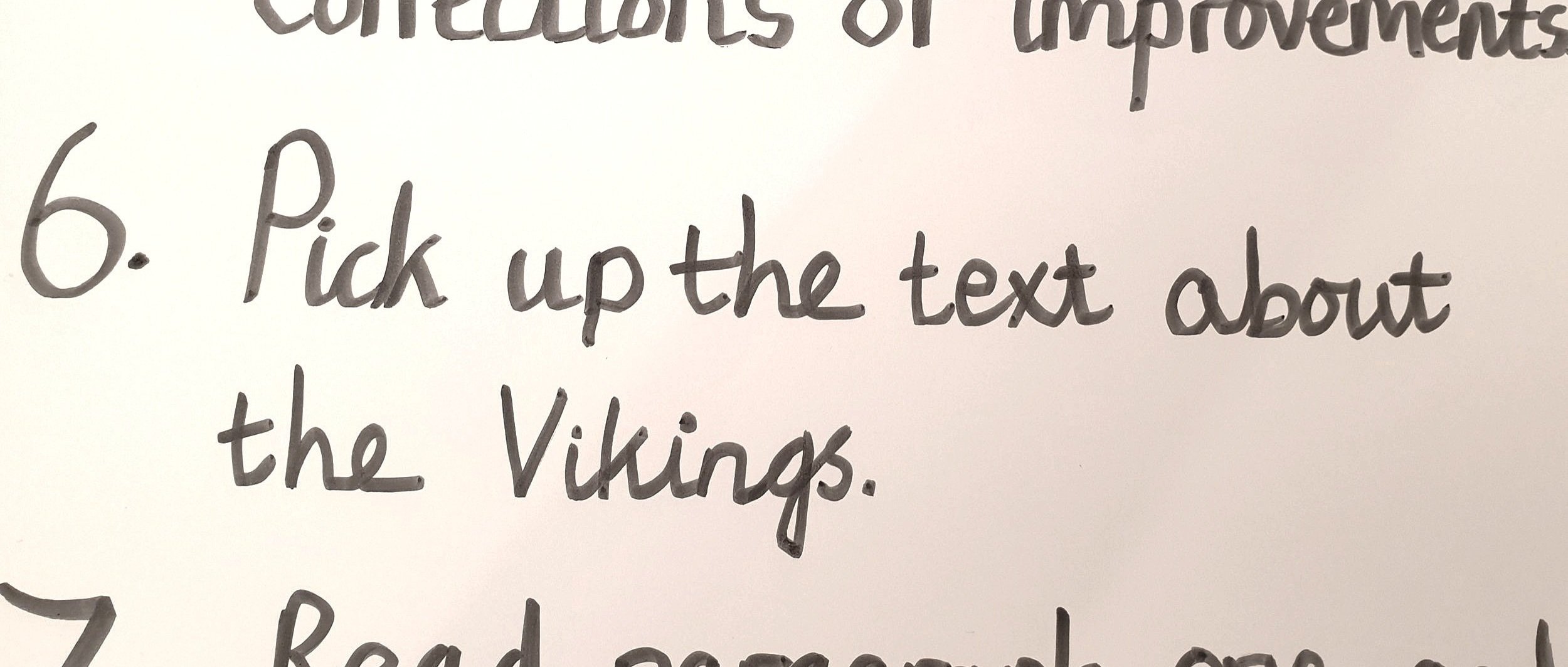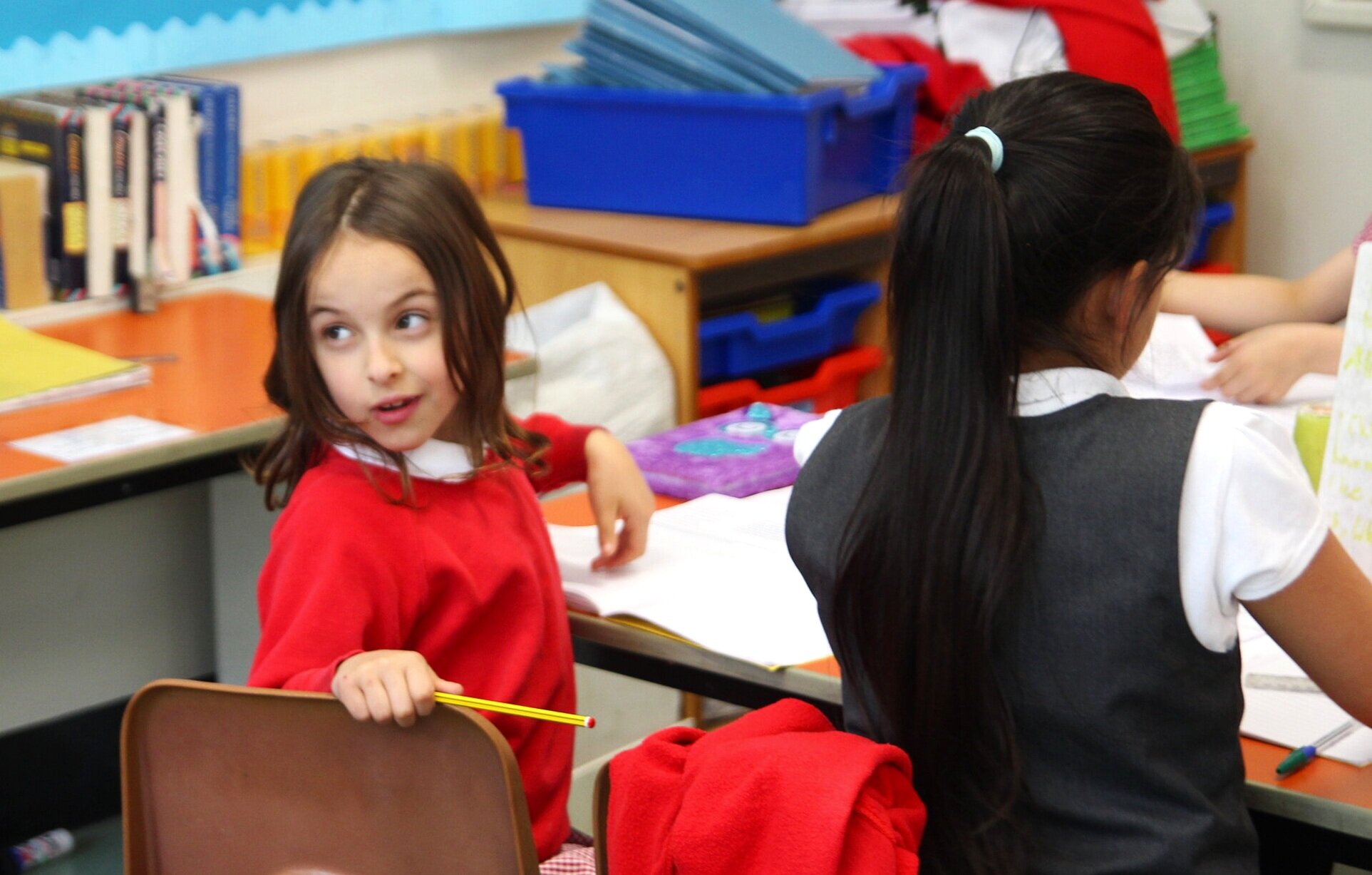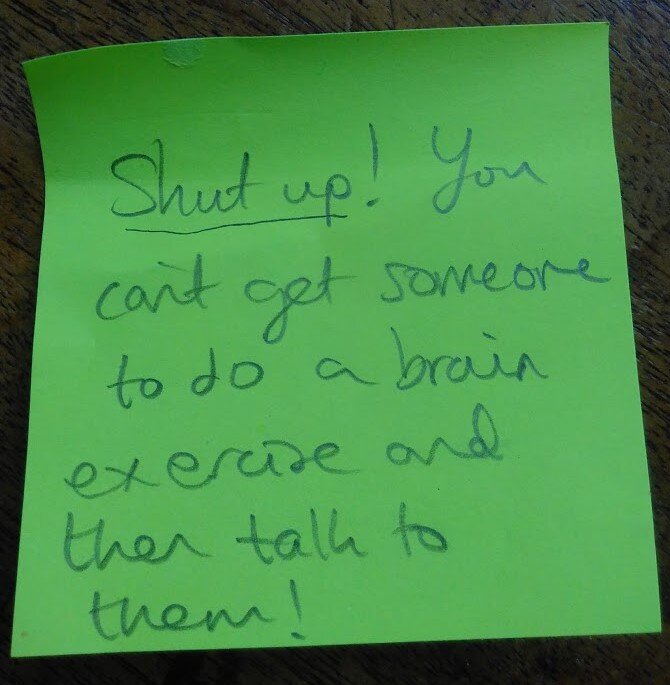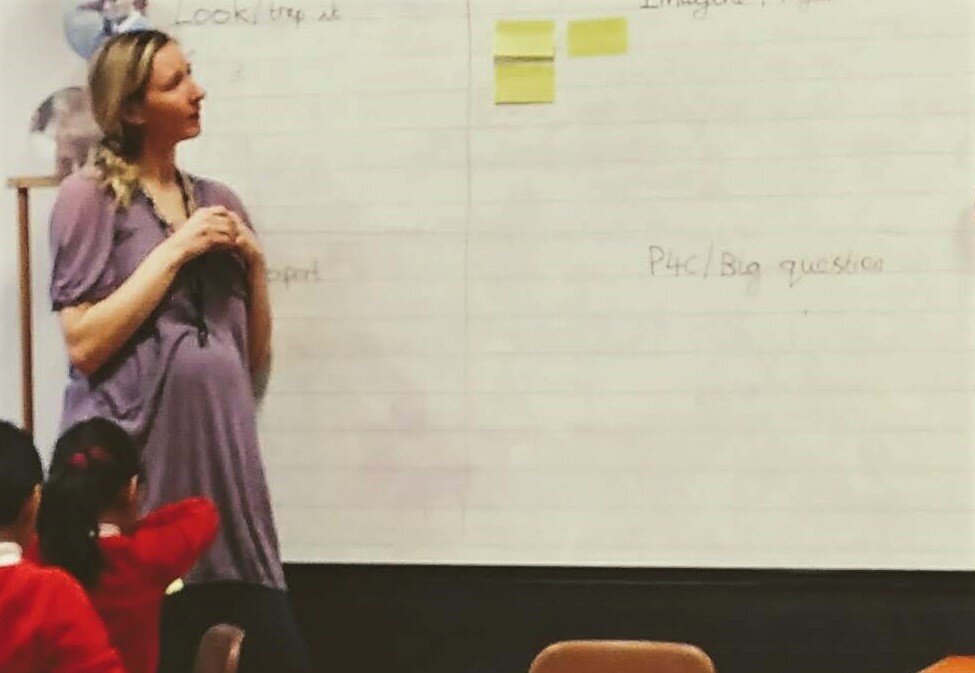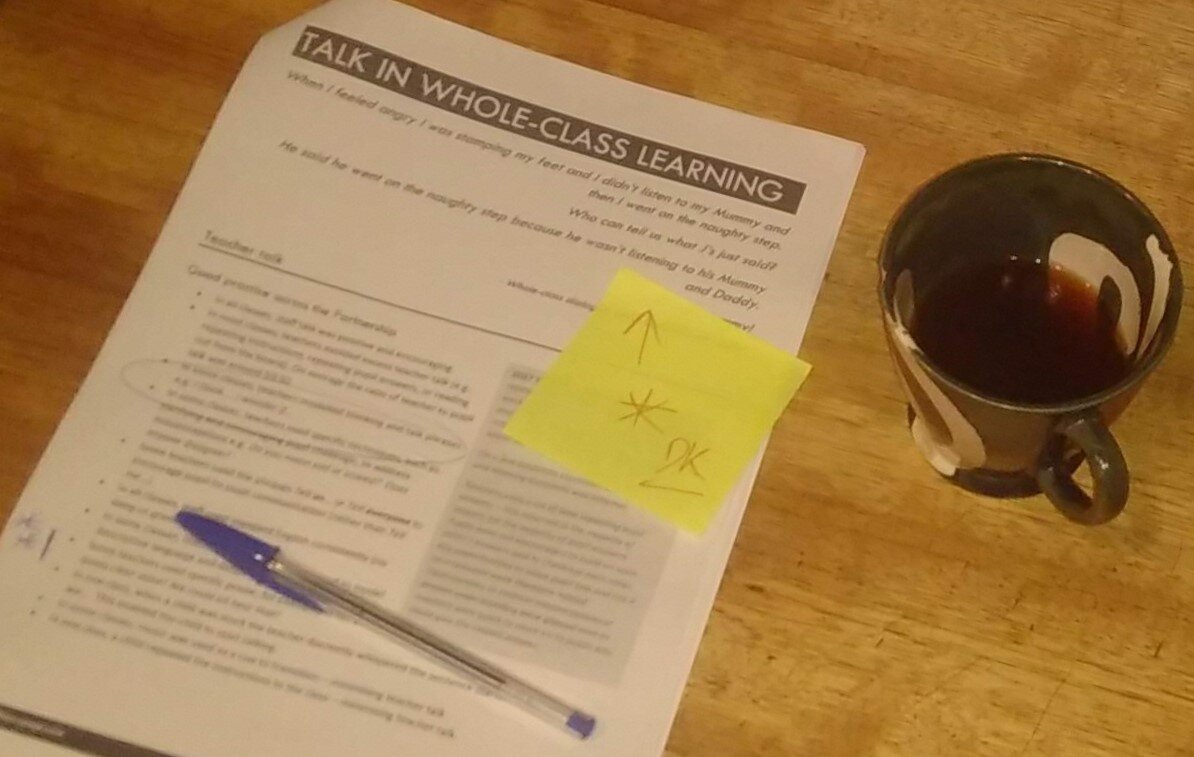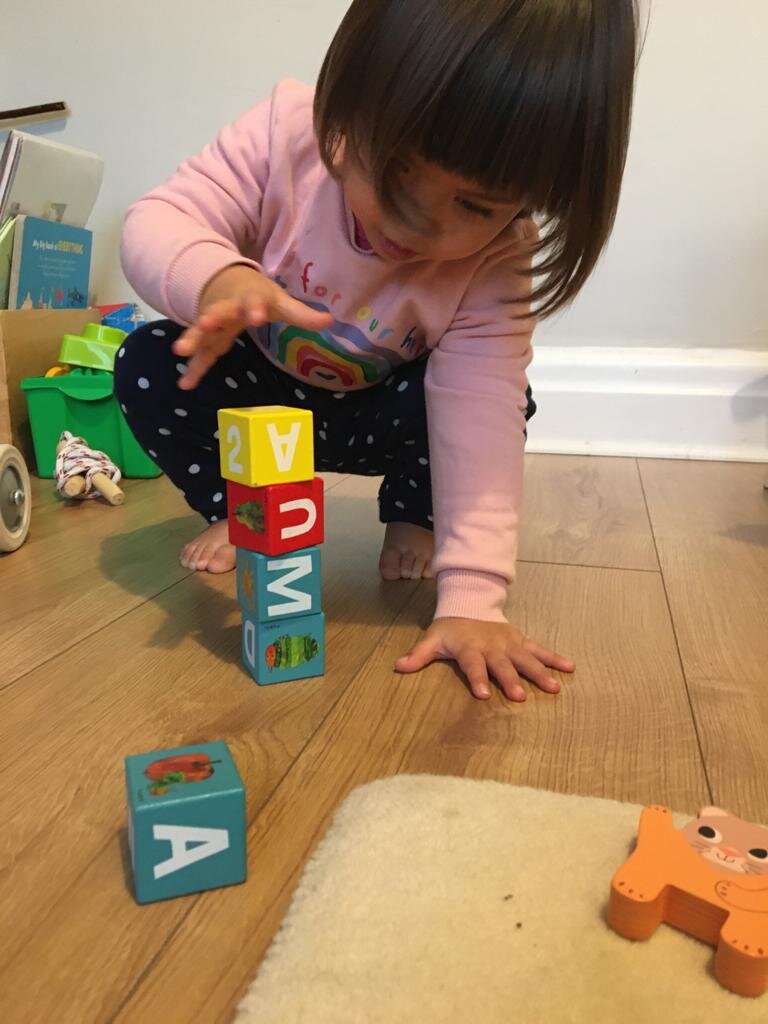
I love questioning as a teaching tool, but sometimes it is over-used, or badly-used.
With young children, instead of always asking questions, it’s important to spend significant time commenting on what a child is doing, especially when they are playing.
By commenting on their play, you are feeding them relevant language which they can use in their play. This approach can quickly impact on spoken language and it makes the child feel that you are genuinely focussing on them – much more than if you ask generic questions such as ‘What are you doing?’ or ‘What’s this?’
For example, if you see a young child building a tower:
‘Oh, I see you are building a tower with bricks. That looks fun! You’re building a very tall tower. What a tall tower. You’re using so many bricks. Now you are putting a yellow brick on top of your tower…’
(This technique is also relevant to children learning a new language, and to some children with specific educational needs.)
What dog is this?
Let me tell you about a ‘commenting’ experience that has stayed with me because the impact was so immediate. A few months ago I was in a very quiet nursery and saw an adult trying to engage the children in talk. The children were playing with toy animals and she was asking them if they knew the name of the black and white spotty dog. What’s this type of dog? Do you know what this kind of dog is called? The children continued to play silently and didn’t respond to her questioning.
A few minutes later I tried saying, ‘You’re playing with the dog! I can see you playing with the dog!’
The boy who had picked up the toy Dalmatian continued playing, but began to talk. He started saying ‘dog’ whilst he was playing. He was clearly listening to what I was saying and it was relevant to his game. I extended the commenting a little: ‘You’re playing with the spotty dog. The spotty dog!’ He then began to use the phrase spotty dog over and over again in his play.
This wasn’t a conversation with me.
It wasn’t about questions and responses, or eye contact…
But it was language development.
Try it and see what happens.
An opportunity to take your teaching to the next level
Three steps to help your class develop their listening skills
Share this 4 minute video with your Early Years colleagues
How to give praise – and how not to – based on the research
Creating the conditions for productive dialogue online, just as we would in the classroom.
The importance of modelling constructive talk.
Simple-yet-effective techniques to get three year olds talking and keep them focused.
Ensure consistency and impact for high-quality pupil dialogue.
Significant improvements in teacher talk and pupil reasoning, before and after a school’s “Talk Project”.
The Director of Oracy Cambridge talks about what the research tells us about effective classroom practice.
A parents’ guide to communicating with children - also relevant to the classroom.

